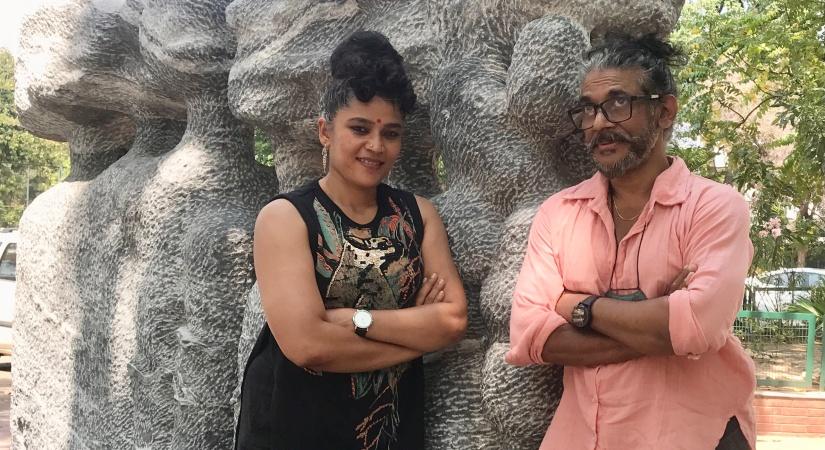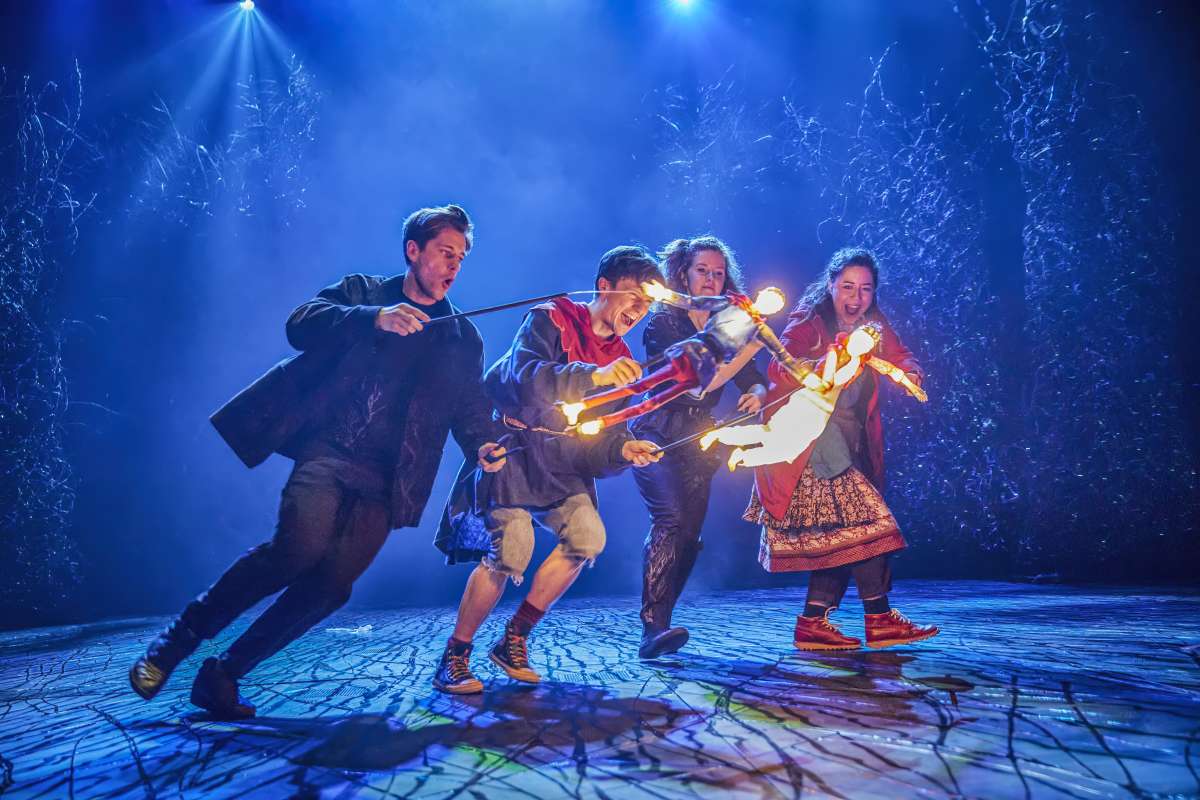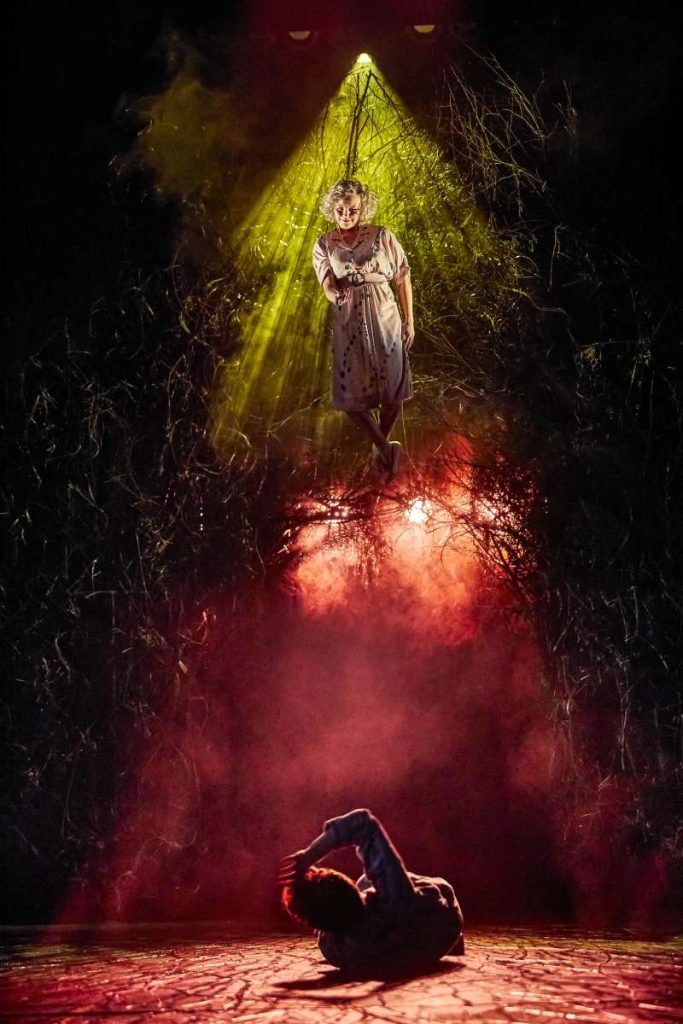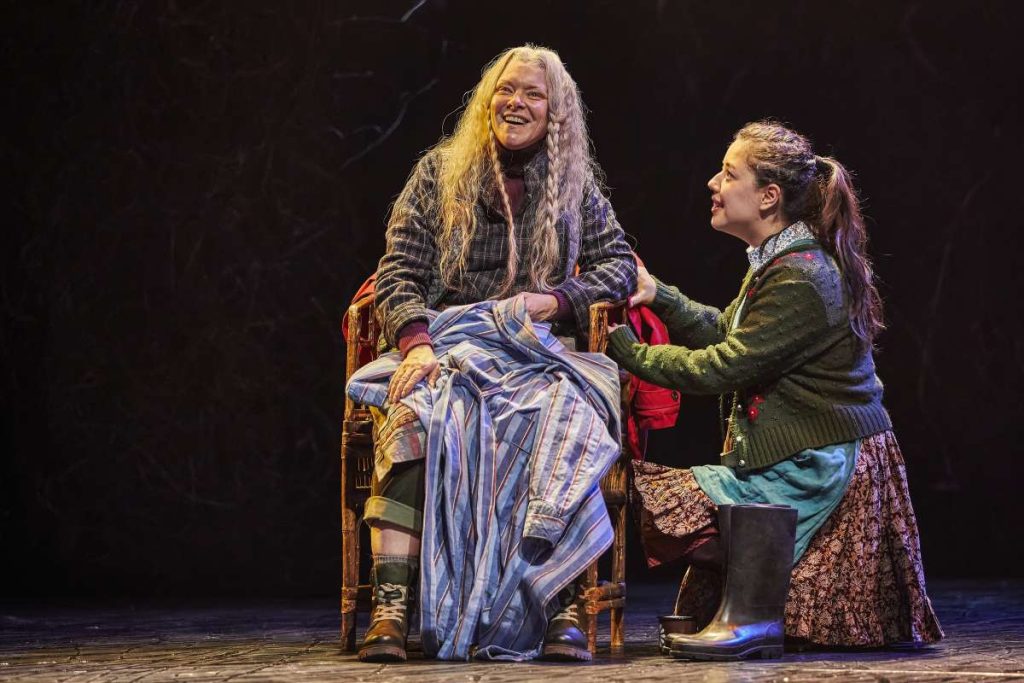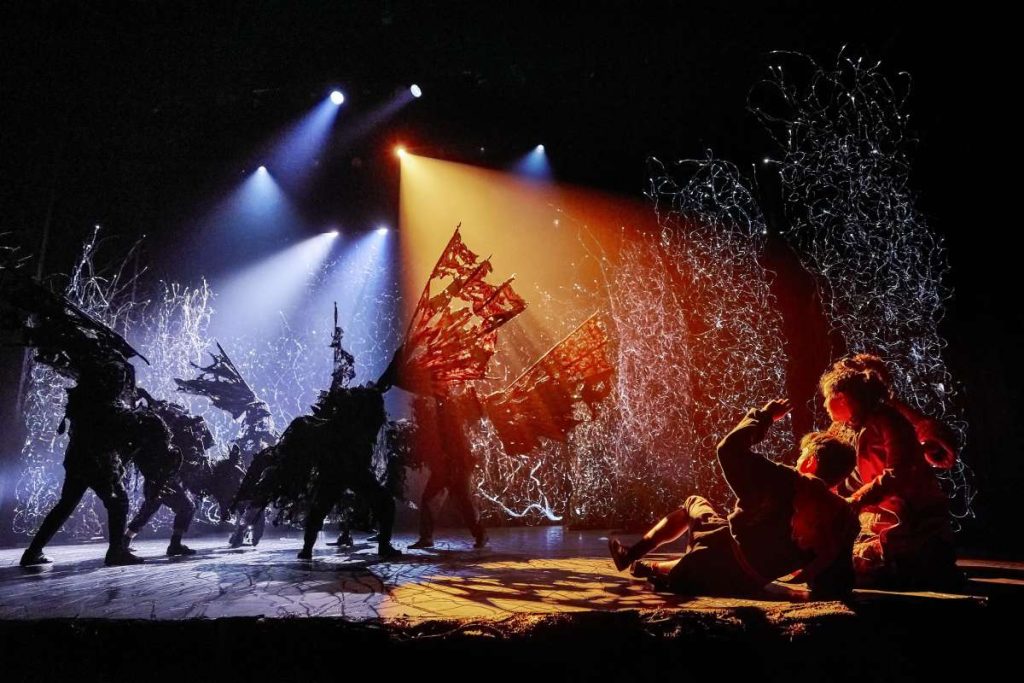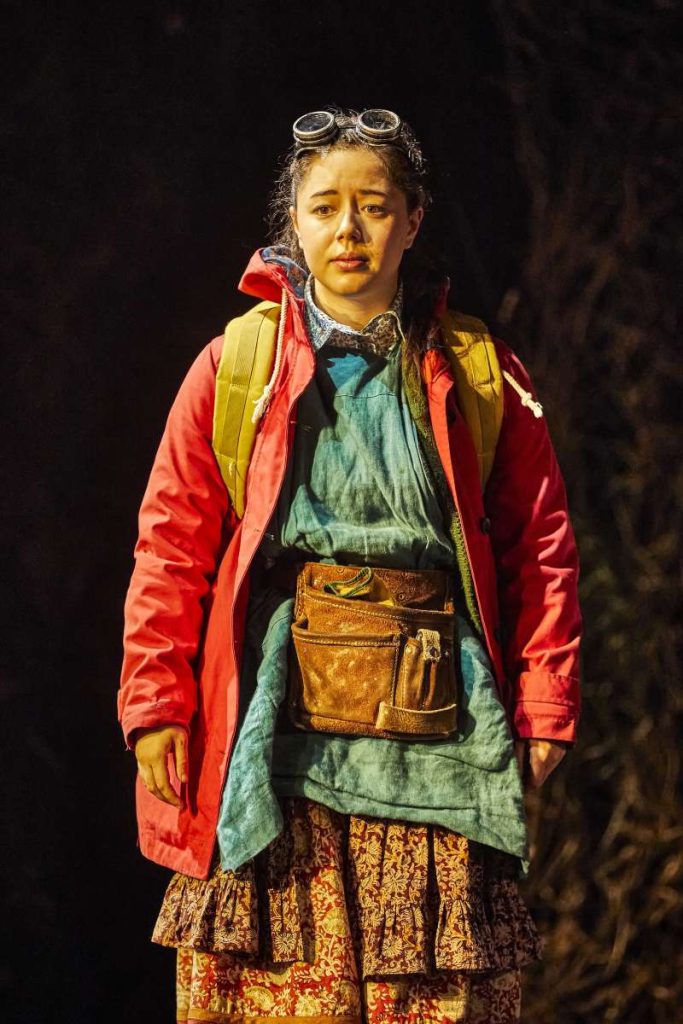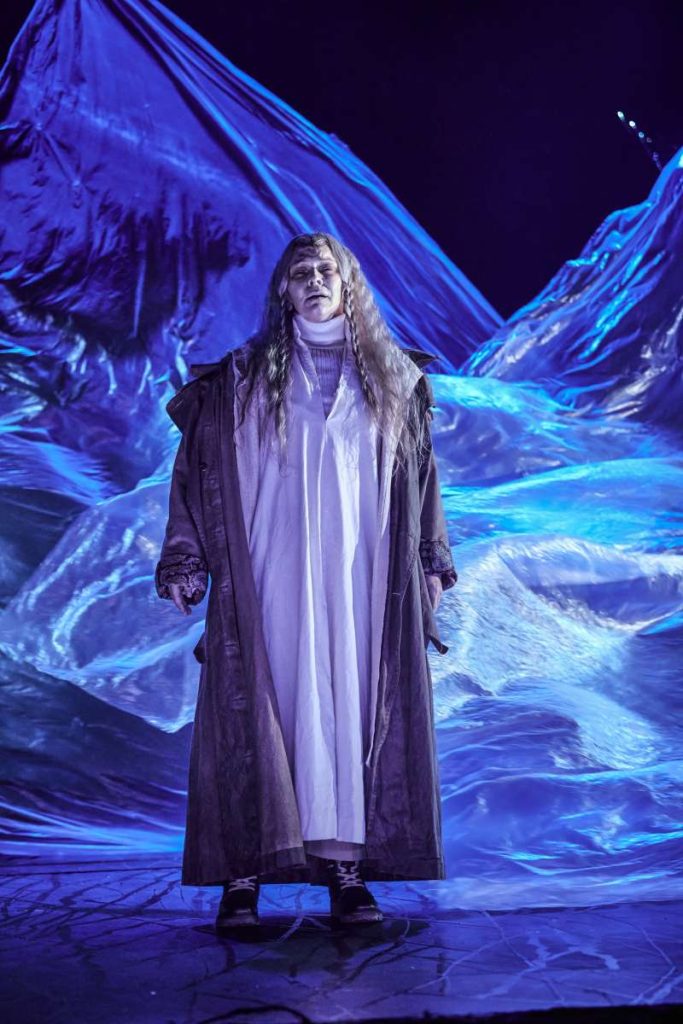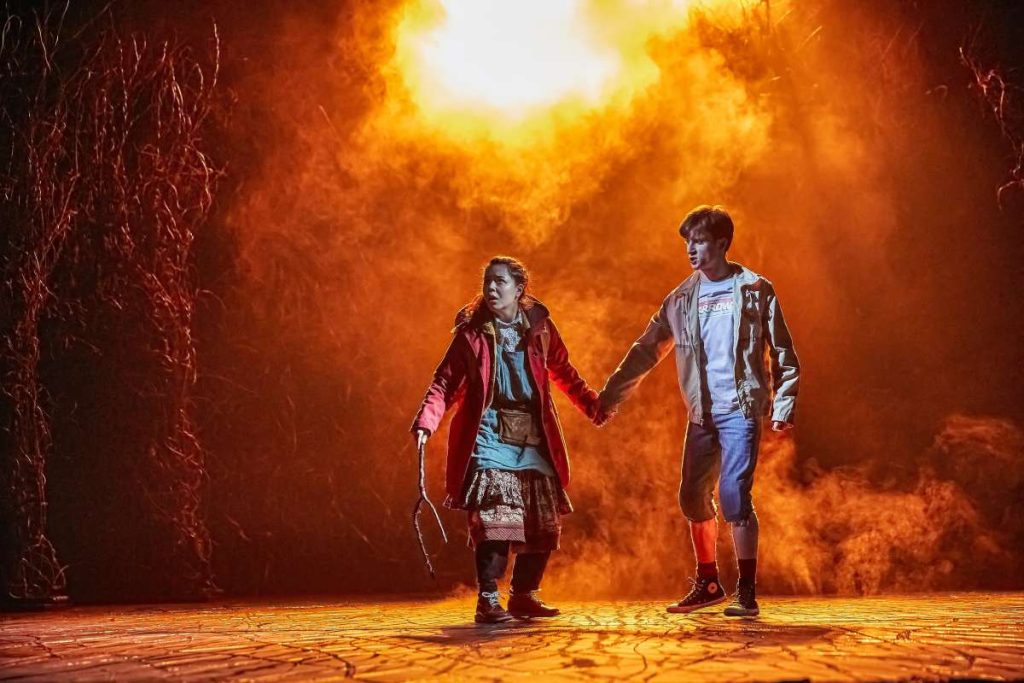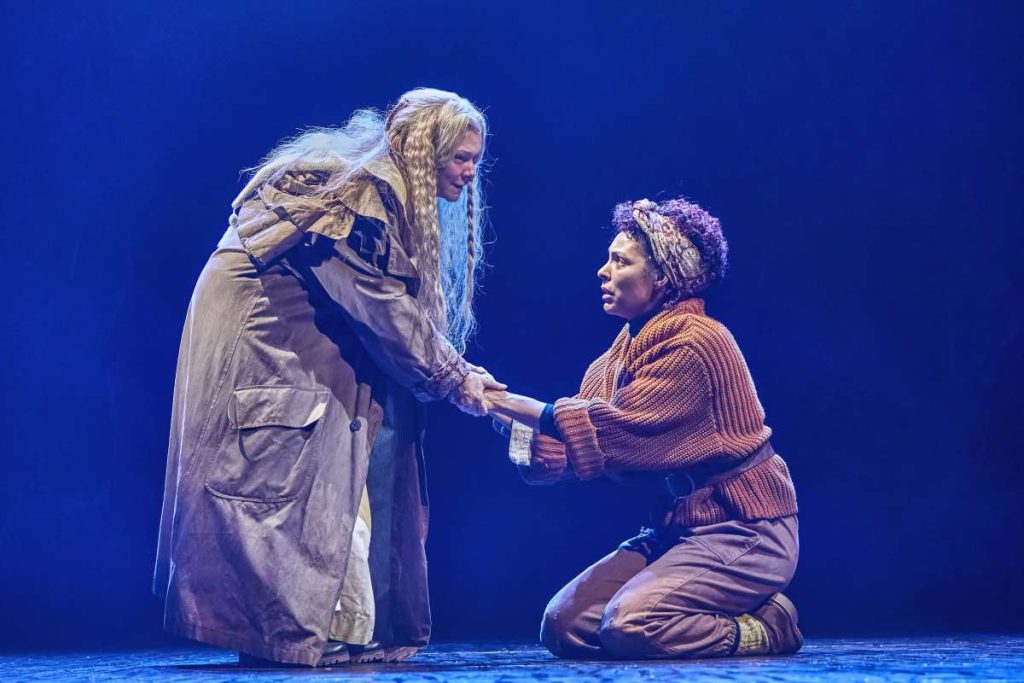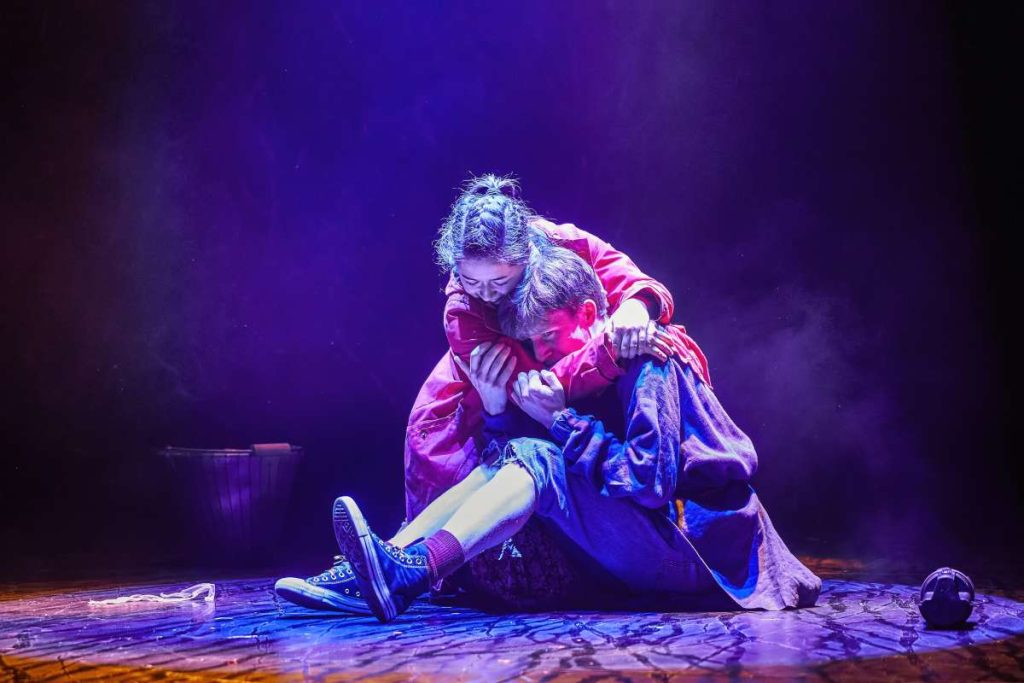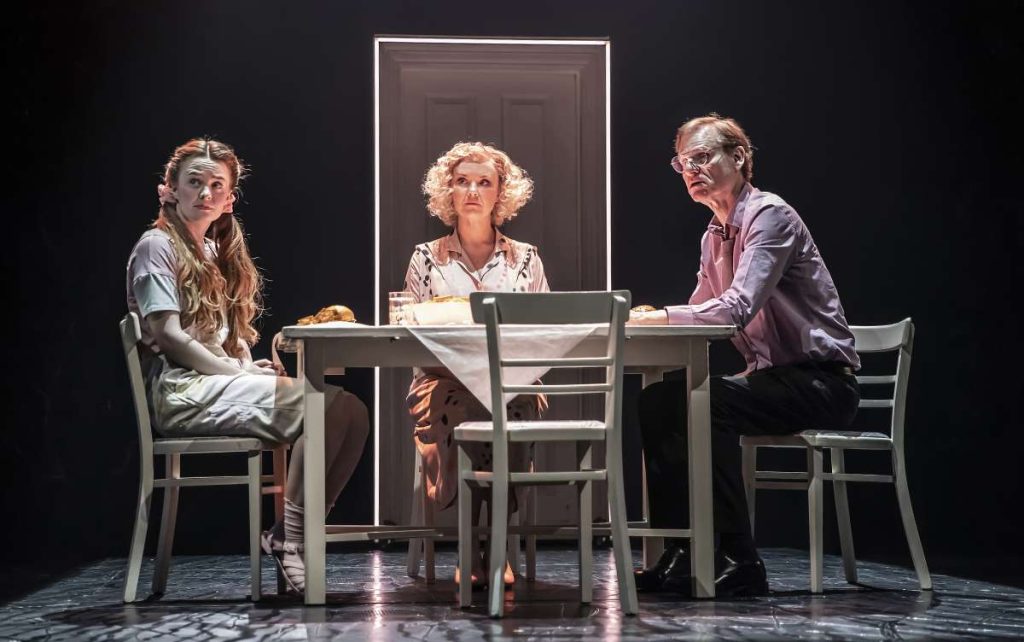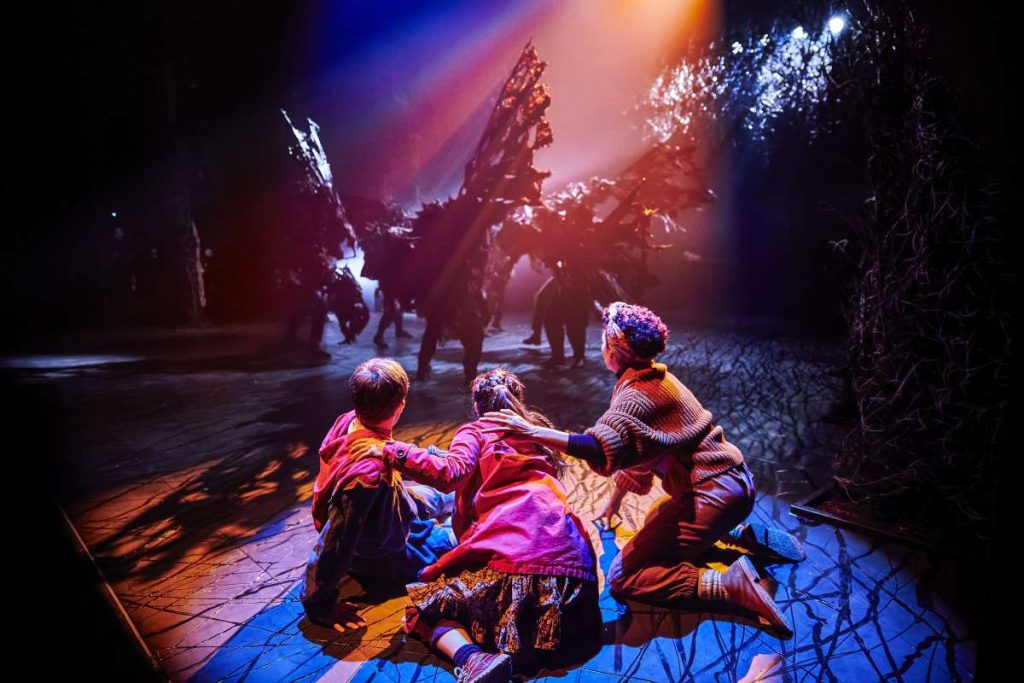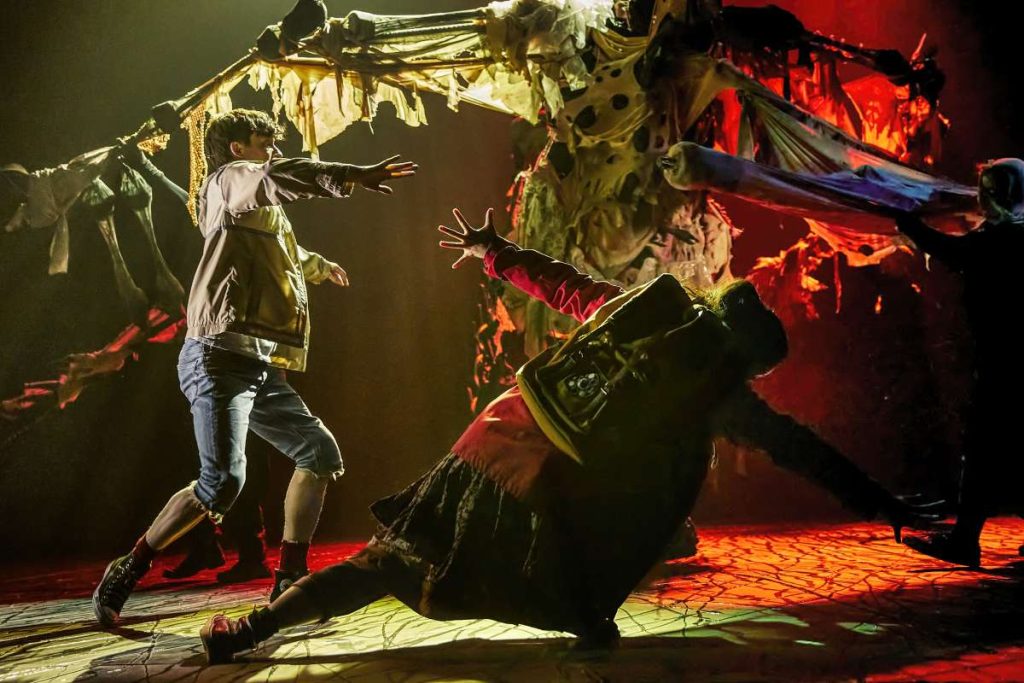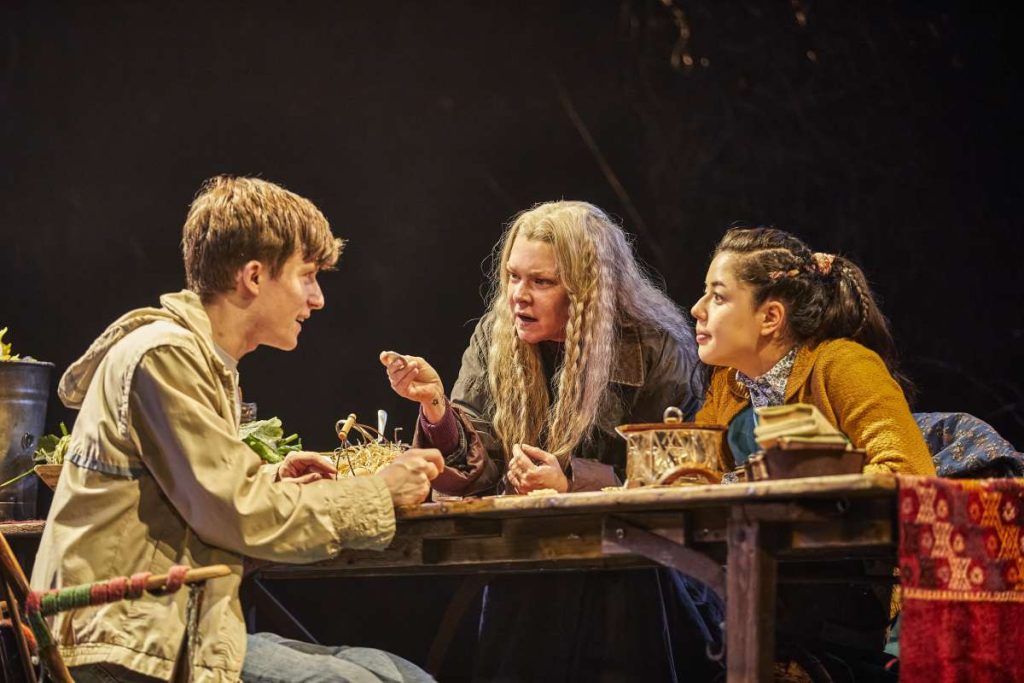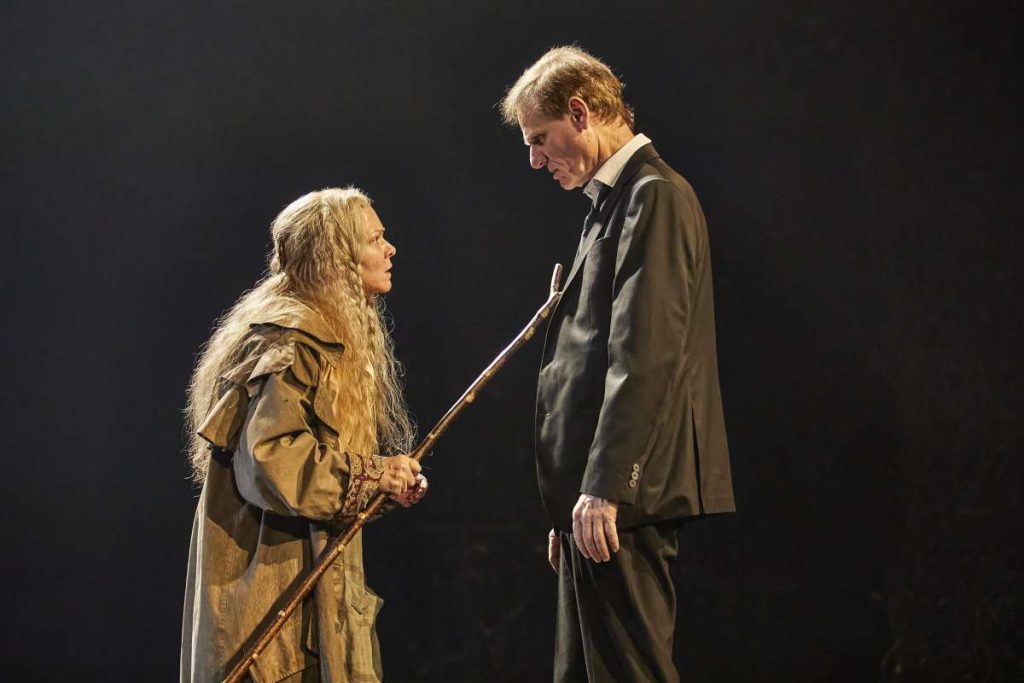Interestingly, both Arjuna and Achilles encounter a certain level of non-heterosexual behaviour. Arjuna discovers the femininity within while Achilles also discovers the masculinity of patriarchal understanding, and both of them break, and that’s why they have second thoughts about fighting…reports Asian Lite News
At the heart lies a profound inquiry into the nature of heroism. Drawing parallels between iconic figures such as Arjuna from the Mahabharata and Achilles from the Iliad, the theatre production ‘He-Rose’ challenges conventional notions of heroism, inviting audiences to contemplate the interplay between vulnerability and courage.
While one may wonder how the Bhagavad Gita and Iliad come together, one of the points of any storytelling — and particularly the Indian tradition of plural storytelling — is this expansion of the unspoken.
He-Rose, a collaboration between the French school ENSATT and the Indian theatre troupe Adishakti Laboratory (Auroville), the play, being presented by The Cultural French network in India and the National School of Drama (NSD) that premiered in Lyon, France a few months ago will be staged at Tagore Theatre in Chandigarh on April 17.
Written by Nimmy Raphel and directed by Vinay Kumar of Adishakti and assisted by Amaud Guennad of ENSATT, the play depicts the tragic saga of two mythological heroes, Arjuna from Veda Vyasa’s Bhagavad Gita and Achilles from Homer’s ‘Iliad’ is about two personalities from two different cultures in a realm between glory and tragedy.
Kumar, who has been doing theatre for around three decades now says, “Why cannot two stories collide, create an argument, like two storytellers from two distinct continents, talking to each other, or exchanging notes, and just looking at the futility of war. Would they not conclude that the collateral is too much to bear? Did Yudhishthira say at the end of the war that he did not want to inherit a kingdom of widows?” he asks.
Interestingly, both Arjuna and Achilles encounter a certain level of non-heterosexual behaviour. Arjuna discovers the femininity within while Achilles also discovers the masculinity of patriarchal understanding, and both of them break, and that’s why they have second thoughts about fighting.
Stressing that war always brings out archetypes, and that is the reason why a nation and pride are all interconnected, Kumar points out that while European culture, which is primarily pegged on the ‘Iliad’ as a kind of history, consistently goes back to it, “we live in a country where myths hold significant importance”.
“While there may be other characters in the play, the spotlight is primarily on Arjuna and Achilles. The most striking point is when Arjuna does not want to fight, seeing who is on the opposite side.
“In Achilles’ case, the realisation that killing is not anymore about valour or a masculine archetype, but rather it (killing) is death. It is slow. There is slashing, cutting, killing, heaving, dismembering — and if that does not move you, then you have a problem. But the moment they both encounter their feminine side, that exact sensitivity, both these archetypal male bodies do not want to continue on the path of bloodbath,” he adds.
Considering the production derives from two major works, one wonders if there were any apprehensions in heavily reinterpreting them. “We are not looking at the notions of righteousness from everybody’s perspective. In all our plays derived from mythology, what we try to do is draw out the fact that the nature of all mythical stories is to bring a philosophical debate — which is plural. And that is pragmatically inclusive. The moment that plurality of stories goes, you lose everything. So, our plays are primarily focusing on myth as a kind of starting point for the past. The present does not teach you anything, the future does not hold anything. Only the past teaches you,” asserts Kumar.
The writer of the play, Nimmy Raphel, who has been with the theatre group for the past 23 years, insists that the entire human civilization or the very idea of human civilization is pegged on a very thin line. “Stories allow you to have a jacket to start the debate. It is a framework, and also the continuity of it.”
Adding that the characters of Arjuna and Achilles have always fascinated her, and there is a need to re-look at our notions of heroes as being heroic is not valour, she says: “Both go back to war after a pause. So then, what is the understanding that we have of human progress, the humanity that we talk about? If we were to all go and do what is our dharma, then there is no humanity, no?”
For her, the play largely talks about the fact who is benefiting, and who takes the brunt of all the catastrophe. Where do women come to war? “I do not think there is any decision-making that goes to women. They always come in the end. Yes, women and children come at the end, but they suffer the most.”
Admitting that it is the utopia that we are thinking about, Raphel stresses, “I do not think the responsibility of the world lies in the artist. Because in that case, we would have been politicians.”

